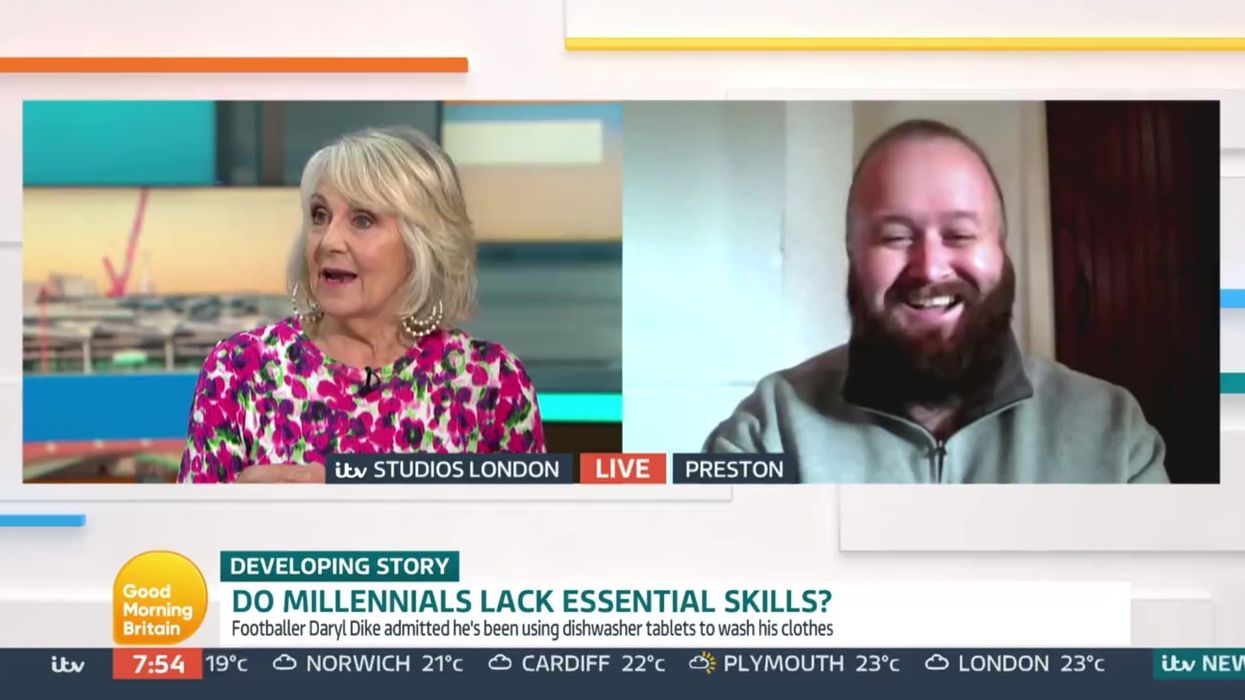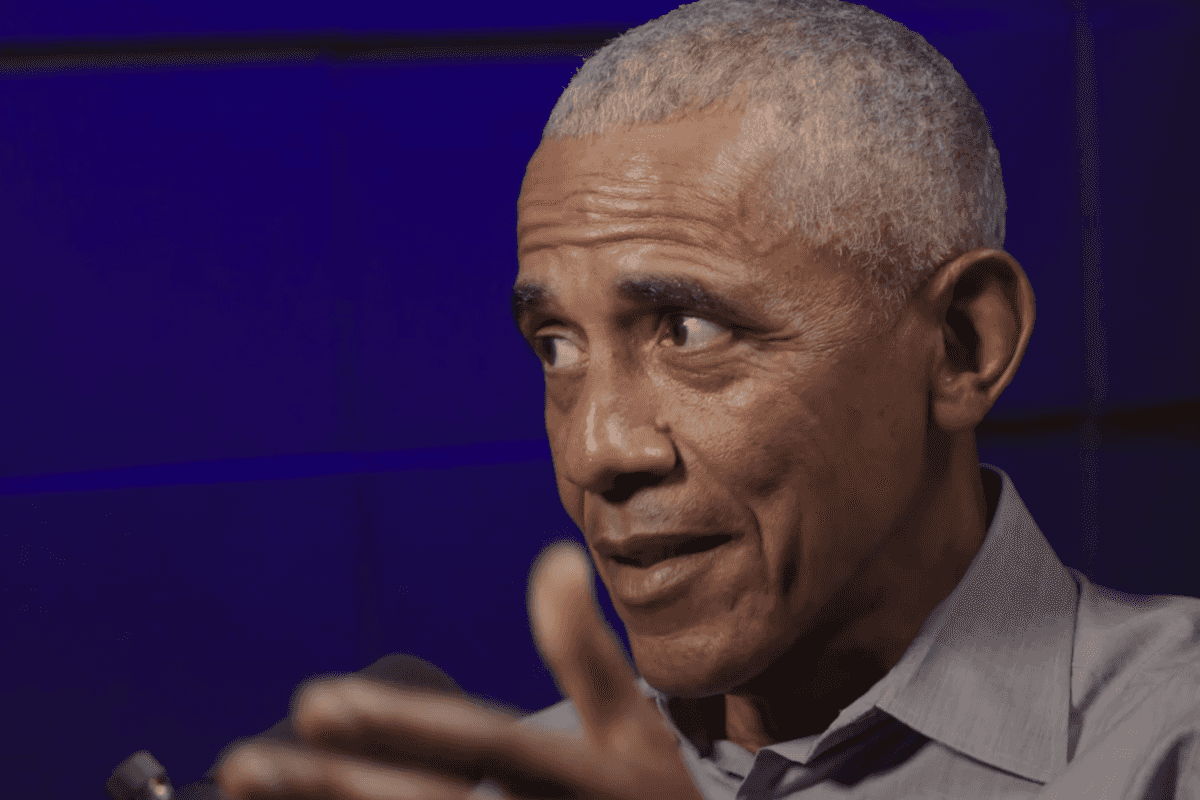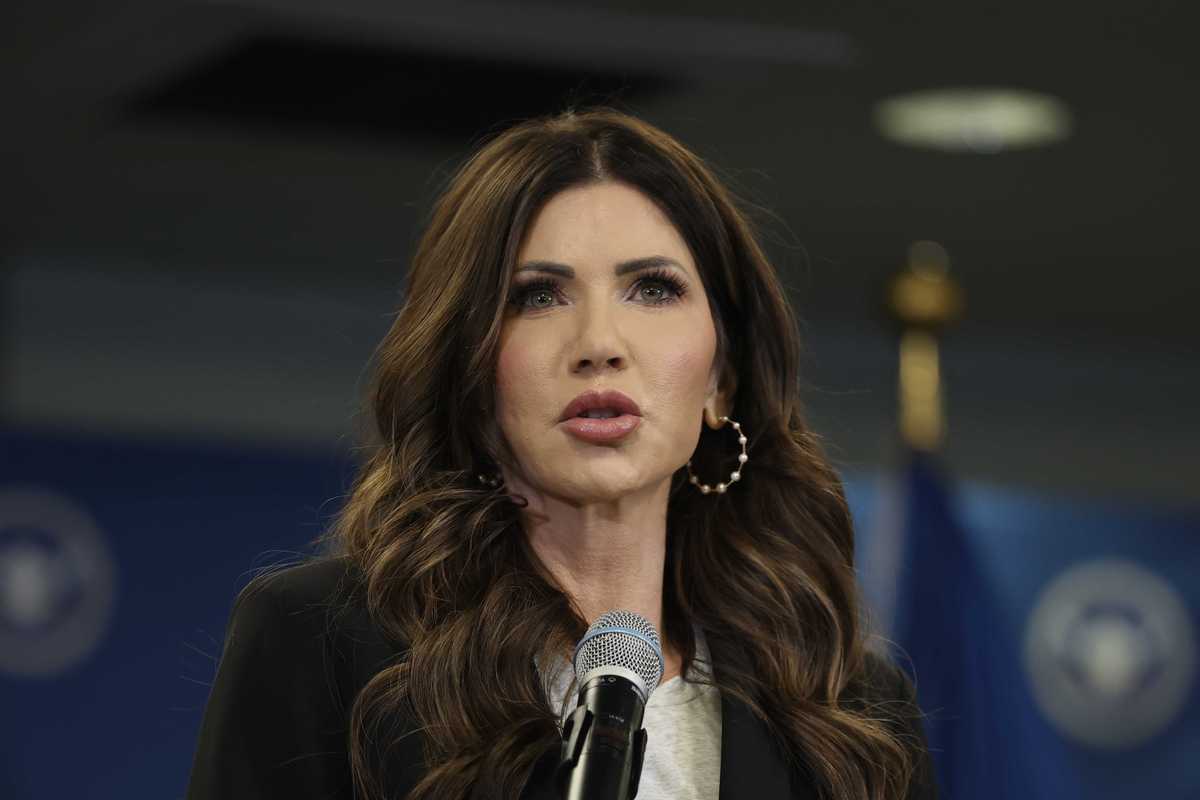Politics
Liam O'Dell
Dec 31, 2022
Related video: Journalist argues that millennials lack essential skills
ITV, GMB
There’s a common assumption or “wisdom” in politics that young people are more likely to vote more conservatively as they age, supposedly backed up by a strong Tory base of older people – but new analysis has suggested millennials don’t follow the unwritten rule.
The research by the Financial Times found that while the Conservative and Republican vote shares all ticked upwards as Generation Xers, boomers and the silent generation aged, the vote share among millennials has so far dipped downwards over time.
Also known as Gen Y, millennials are those born between 1981 and 1996. The silent generation, meanwhile, are individuals born between 1928 to 1945, and boomers are people born between 1946 and 1964.
In a Twitter thread expanding upon the data, FT columnist John Burn-Murdoch wrote: “When you consider that millennials came of age in the aftermath of the global financial crisis, and entered their thirties with homes less affordable than ever, it starts to feel quite plausible that this context may have shaped this generation differently to its predecessors."
He continued: “Culture war issues generally map very neatly onto education, so it should hardly be surprising that they go down badly with the most well-educated generation in history. The problem is, it may now prove difficult to undo that damage.”
Burn-Murdoch concluded by recommending conservatives “sort out the housing affordability crisis”, reform childcare systems and “give some serious consideration to [the] continued use of culture war politics”.
Sign up to our free Indy100 weekly newsletter
Such is politics and Twitter, that a fair amount of users had some thoughts to share on the data and the findings.
“We ain’t playing ball because we never had a ball to play with,” commented one individual.
Astrophysicist Brooke Simmons replied: “I don’t understand why this thread doesn’t mention health care. E.g. ask a millennial in the UK if they believe which party they back makes a difference to whether the NHS will still exist in 20 years’ time.”
Chris Curtis, Labour’s parliamentary candidate for Milton Keynes and researcher at the pollster Opinium, added: “It’s not just home ownership, it’s much wider economic insecurity.”
With Labour continuing to maintain a considerable lead in the opinion polls, we imagine this analysis will give the Conservatives yet another headache amid talks of an “election wipeout” come 2024…
Have your say in our news democracy. Click the upvote icon at the top of the page to help raise this article through the indy100 rankings.
Top 100
The Conversation (0)














